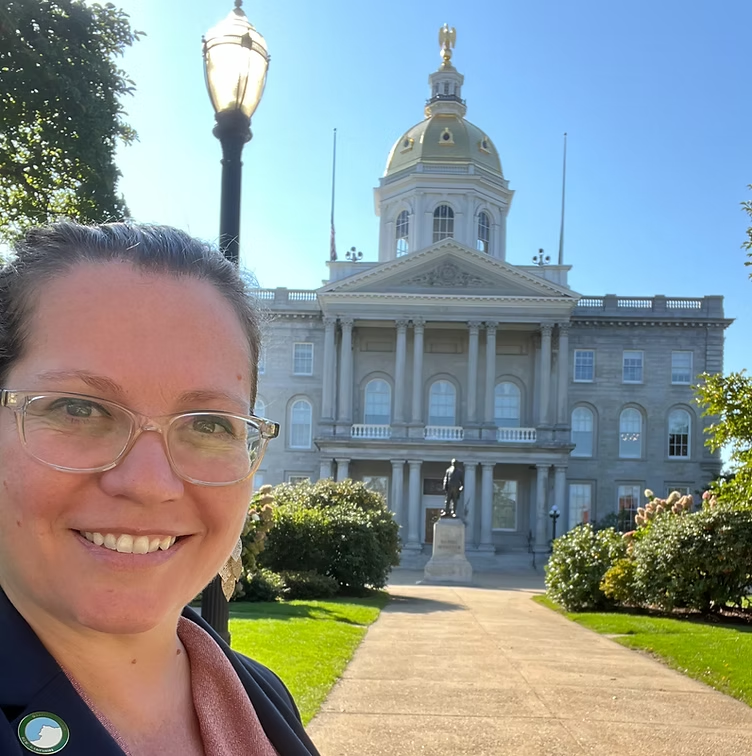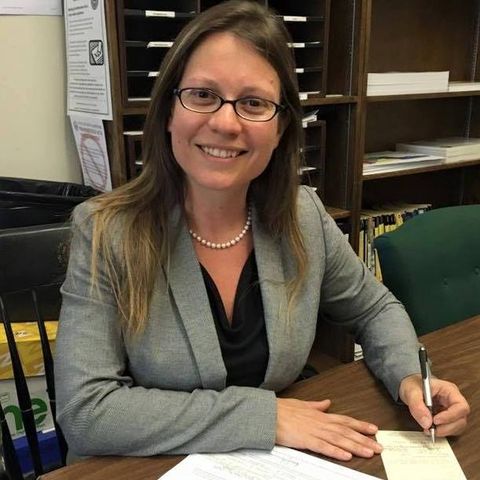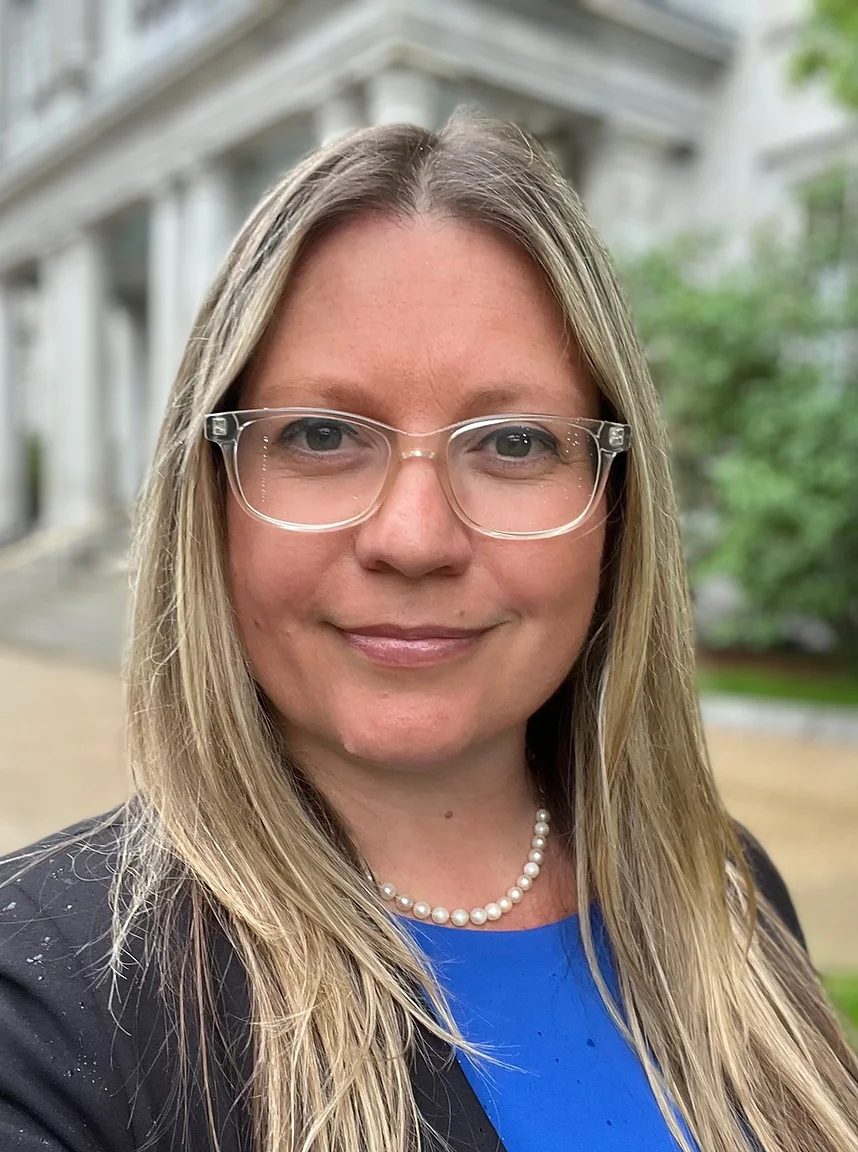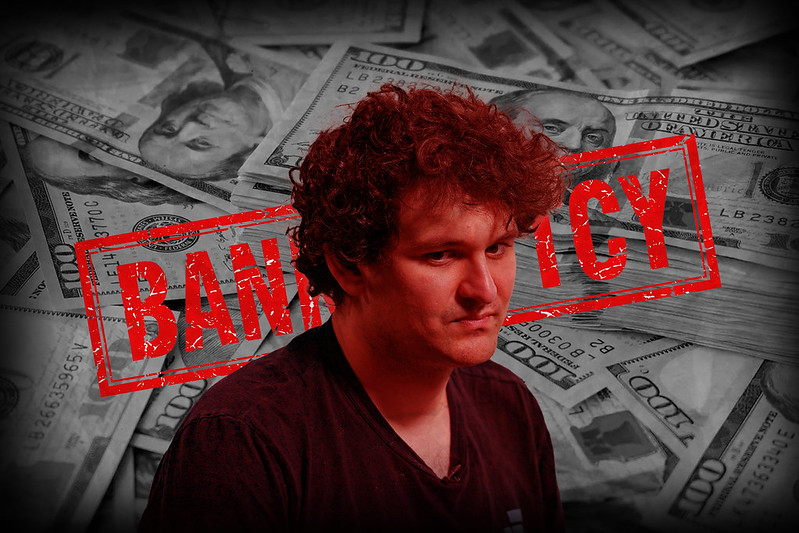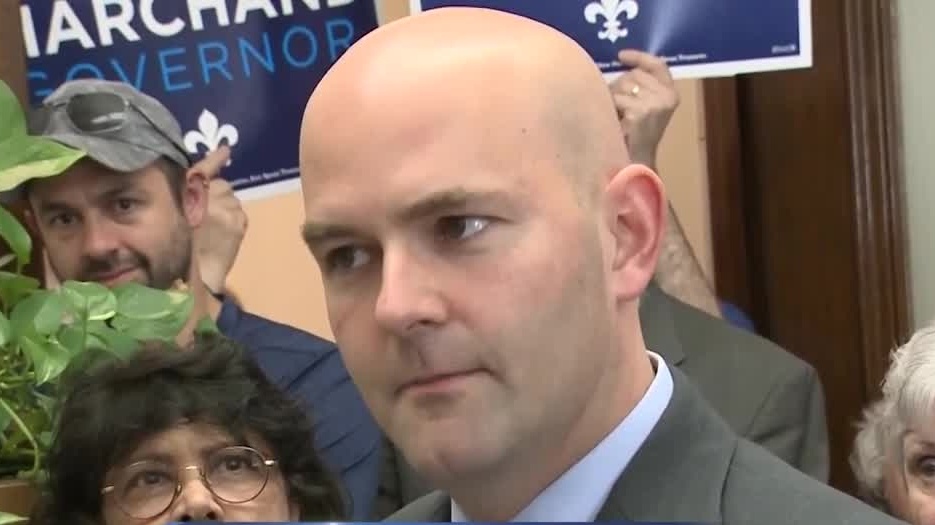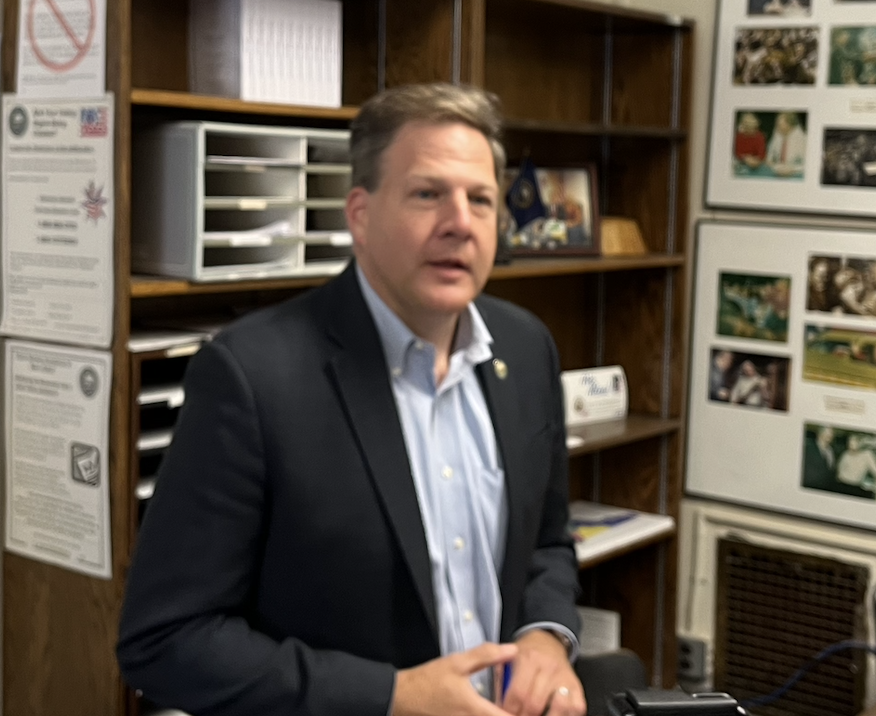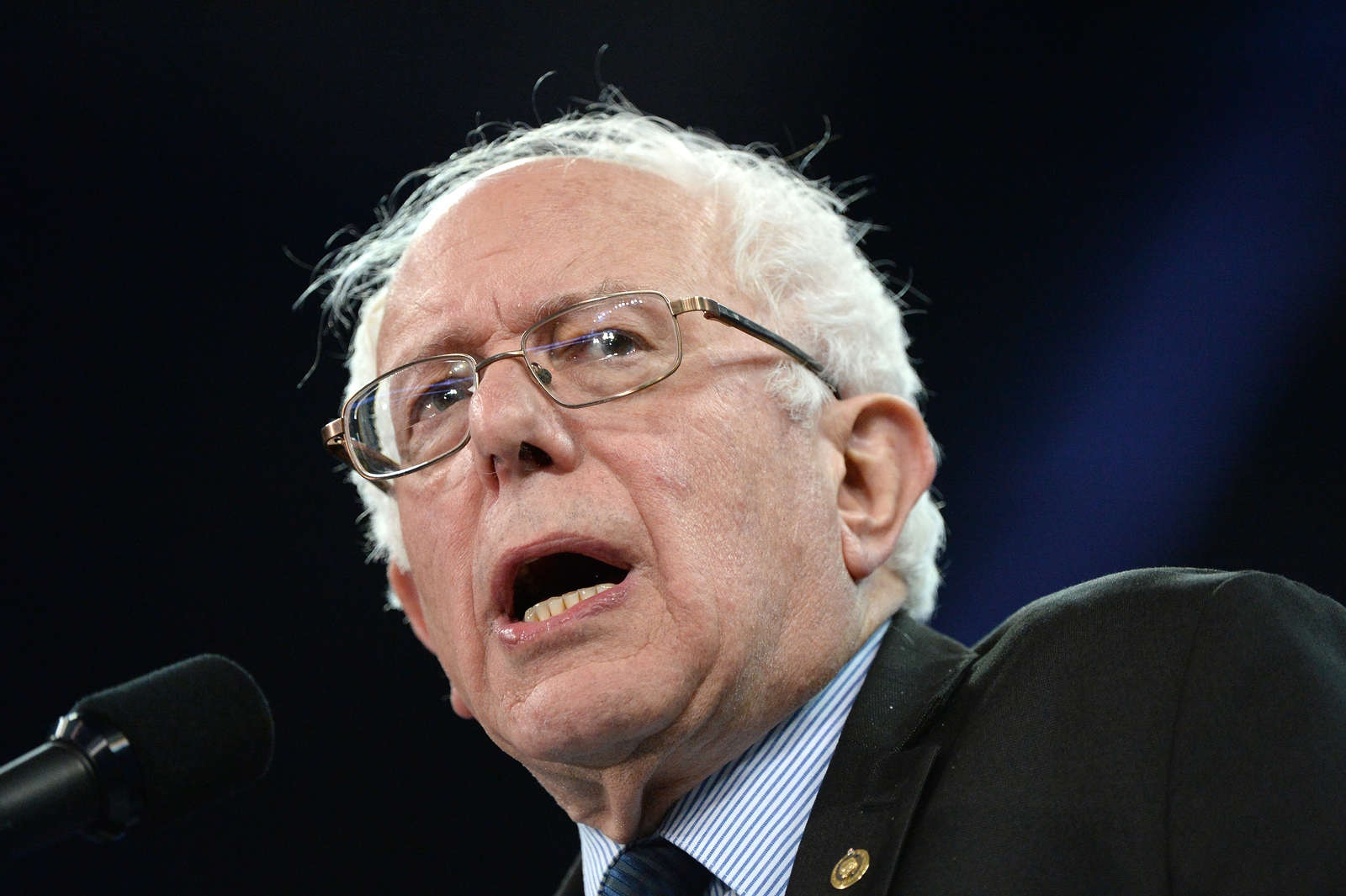Liot Hill’s Highway Haul: EC Dem Collects $15k in Mileage Cash So Far This Year
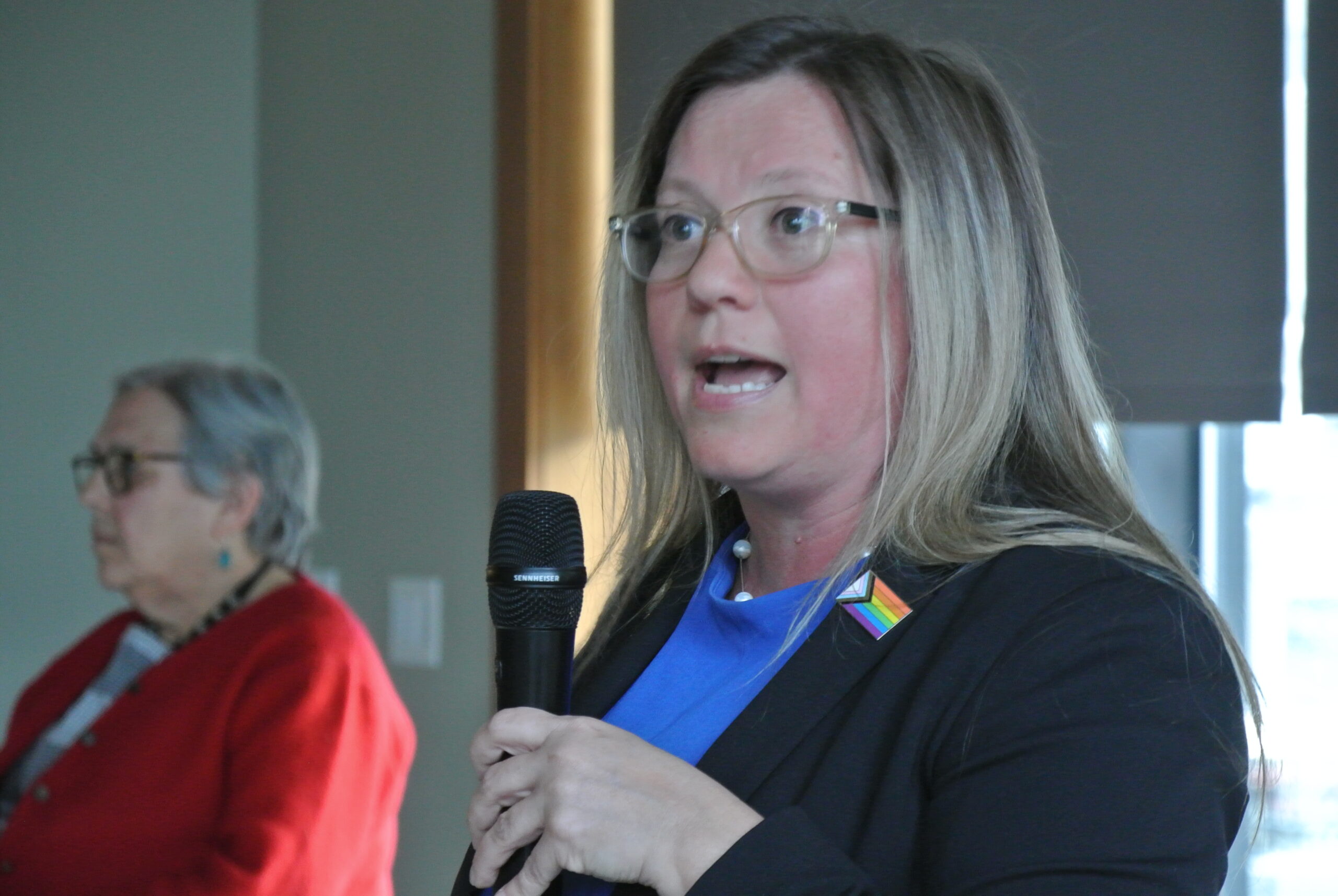
Executive Councilor Karen Liot Hill may or may not be “the top Democrat in state government,” as she claims. But she is definitely the king of the road.
While the first-term councilor won’t be facing the voters again until (at least) September of 2026, her latest campaign finance report claims she’s already covered more than 9,670 miles on the campaign trail as of June 1. As a result, she’s paid herself $6,771.70 from her campaign fund to cover the costs.
In addition to the mileage, Liot Hill’s campaign filings include $2,518 for candidate travel. However, the report indicates that $2,462 of those “travel” expenses were actually three separate payments to Gills Point S Tire & Auto Service in West Lebanon.
But that’s not all for the District 2 road warrior.
Every executive councilor receives an annual mileage/expense stipend on top of their modest $18,000 a year salary. Councilors from Districts 3, 4, and 5 get $7,980 per year. But because Districts 1 and 2 — Liot Hill’s — are so geographically large, they receive $11,970.
Add six months of her Executive Council travel to her campaign filing, and Liot Hill has already received more than $15,000 in travel reimbursements as of June 1.
Liot Hill reported $39,590 in this fundraising revenue this reporting period, mostly from individual donors, and spent $30,416. Of that spending total, $7,530.91 — or about 25 percent — went to Liot Hill herself.
Eye-grabbing campaign spending is nothing new for Liot Hill, despite the fact that her job as executive councilor is to review contracts and impose fiscal accountability on state government.
Her previous filings are already under investigation by the Election Law Unit of the New Hampshire Attorney General’s Office. Questions were raised about the accuracy and authenticity of her filings when, after an NHJournal report on her spending, Liot Hill filed an updated version with significant revisions. The originals bear the signature of her treasurer, former state Rep. Corrine Morse. For the revisions, Liot Hill replaced Morse as her own treasurer and signed the documents herself.
Asked by NHJournal if she had in fact signed the original documents, Morse declined to respond.
Liot Hill has also declined to respond to repeated requests for comment about her campaign spending. Her new report lists accountant Michael Button as her campaign treasurer.
Liot Hill’s latest campaign filing is very different from those of her executive council colleagues.
District 3 Republican Janet Stevens reported raising $18,795 from Jan. 1 through June 1, and spent $12,923. Most of Stevens’ spending went to media consultants ($4,950) and campaign consultants ($2,250). She spent another $2,900 total on yard signs and food for fundraising events. Stevens does not claim any payments for reimbursements, travel, mileage, or candidate meals in her report.
Councilor John Stephen (R-District 4) reported $92,701 raised during the same period. His campaign spent just $4,523. Stephen claimed a $66 reimbursement for event supplies, and nothing for mileage, travel, or candidate meals.
Liot Hill, who had been the elected treasurer for Grafton County, was found in default this month in a small claims case over her failure to pay $4,234 in credit card debt. According to court records, Liot Hill never responded to the complaint filed in February in the Lebanon District Court.



